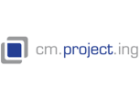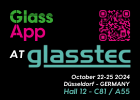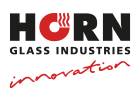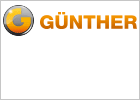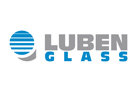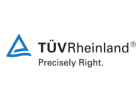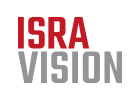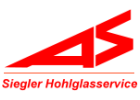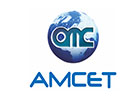Working in consortium with CSEM, Helmholtz-Zentrum Berlin, Fraunhofer ISE, and the University of Stuttgart, Meyer Burger is researching tandem solar cells and developing next-generation solar modules
These activities center around the industrialization of the new technologies, moving from the laboratory to mass production with a view to the future expansion of gigawatt capacities at Meyer Burger’s production sites
The aim of the cooperation is the industrial production of solar cells with efficiencies of more than 30 percent
For the development of next-generation, high-performance solar cells and modules, Meyer Burger Technology AG has brought renowned partners on board and signed corresponding multi-year cooperation agreements. Together with CSEM from Switzerland, Helmholtz-Zentrum Berlin (HZB), the Fraunhofer Institute for Solar Energy Systems ISE in Freiburg, and the Institute of Photovoltaics at the University of Stuttgart, the company is working on the industrialization of perovskite tandem technology, which is expected to allow the industrial production of solar cells with efficiencies in excess of 30 percent in the future. In keeping with the company’s protected business model, the development of these new production technologies is to be used exclusively for Meyer Burger’s own manufacturing. The aim is to achieve a significant further increase in the energy yield of commercial solar modules.
“With a long tradition of proprietary development, Meyer Burger has an extensive portfolio of processes, technologies, and production techniques at its disposal for the potential mass production of tandem solar cells and modules in-house,” says Marcel König, Head of Research and Development at Meyer Burger. “This includes the essential manufacturing processes and machinery for silicon-based perovskite tandem solar cells, as well as corresponding solar modules with Meyer Burger’s proprietary SmartWire connection technology. In conjunction with the skills of our academic partners, this is a unique recipe for success.”
The work with the new consortium is based on existing collaborations for the development of heterojunction silicon solar cells. In the past, Meyer Burger already entered into collaborations to research perovskite technology, including with Oxford PV, and has therefore already developed its own proprietary technological solutions. Perovskite technology represents a key milestone on Meyer Burger’s innovation roadmap.
Together with its partners, Meyer Burger is already achieving some initial successes when it comes to the industrialization of perovskite technology. For example, CSEM and Meyer Burger have achieved a record efficiency of 29.6 percent for a 25-square-centimeter perovskite tandem solar cell. To achieve this, the Swiss researchers combined heterojunction silicon cells with perovskite structures. “This outstanding result demonstrates the potential of silicon perovskite tandem cells to achieve high efficiencies. Although we still have a lot of work ahead of us, the industrialization of solar cells with an efficiency of over 30 percent is on the right track,” says Professor Christophe Ballif, Director Sustainable Energy at CSEM.
HZB has achieved record, world-leading efficiencies in excess of 31 percent for laboratory tandem solar cells in combination with heterojunction and perovskite. Now, in collaboration with Meyer Burger and its partners, it is to apply the results to the manufacturing of commercial products in industry. “By manufacturing in Europe, Meyer Burger creates high-quality jobs while making use of technologies developed in Europe,” says Professor Rutger Schlatmann, director of the Competence Center Photovoltaics Berlin PVcomB at HZB.
The success of perovskite/silicon tandem technology is highly dependent on the presence of a stable industrial production process and modules that offer a high level of reliability. “The aim is for perovskite/silicon modules to meet the high standards of reliability and longevity set by classical silicon PV technology,” says Professor Andreas Bett, director of Fraunhofer ISE. “To this end, Fraunhofer ISE will act as a committed partner as part of the collaboration with Meyer Burger, leveraging its long-standing expertise in the upscaling of PV production processes and the production and certification of modules.”
The Institute for Photovoltaics at the University of Stuttgart is carrying out intensive research into the properties of the new materials for the new solar cell technology. Perovskites are a new class of semiconductors that emit and absorb light across the entire visible and infrared range. They are made up of inexpensive, abundant individual components. “Only with a strong team will it be possible to convert perovskite semiconductors into a sustainable and competitive product. Meyer Burger is playing a key role in this process at the European level by pursuing a long-term vision that combines the latest research with mass production. Only in this way will it be possible to establish PV production that is ‘Made in Europe’,” says Professor Michael Saliba, director of the Institute for Photovoltaics (ipv) at the University of Stuttgart.





